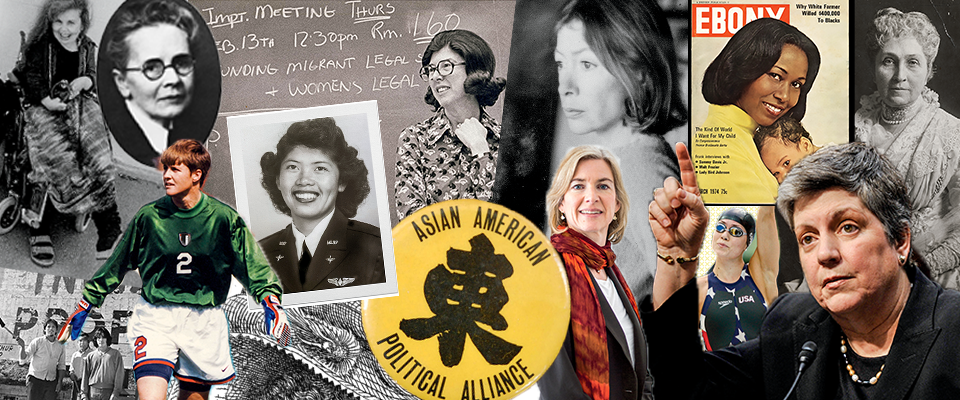A word of advice to Berkeley’s graduating class of 2020
Let me begin with heartfelt congratulations to the 2020 graduates of Berkeley who, like their peers across the country, were deprived of their commencement ceremonies by the coronavirus and the need for social distancing.
They deserved better. And yet, this ending to their undergraduate experience is somehow in keeping with the rest of their time at Cal, which was nothing if not eventful. Early on, they saw their campus roiled by protests and provocateurs, then shut down by smoke from rampant wildfires, later by power outages, and now this: global pandemic. That’s one helluva four years. Now, as if that weren’t enough, they’re entering the job market at a time of unparalleled unemployment and considerable uncertainty about the future.
COVID-19 has brought its share of revelation. At the same time, our cities have grown quieter, our skies clearer, our sense of collective responsibility has been heightened.
I’m reminded of that old curse that comes disguised as a blessing: May you live in interesting times.
The campus has been through times like these before. A few years ago, I wrote a piece for these pages about the flu pandemic of 1918 and how it played out in Berkeley. It was called “In Flew Enza,” and rereading it now gives a shock of recognition. Like today, 1918 was a time of masks and quarantine, of closed theaters and canceled sporting events. Unlike today, it was also a time of war, which helped hasten the spread of the flu virus—in bases and barracks, on troop ships and in the trenches. There’s something to be grateful for, at least: We’re not at war.
Indeed, as Berkeley authors Jack London and George Stewart reminded readers in their respective novels The Scarlet Plague (1915) and Earth Abides (1949), things could always be worse. Both stories, set largely in Berkeley, imagine a world without us, after pandemics have decimated humanity, ending civilization as we know it. While it may seem to us like a rather modern obsession, apocalyptic literature is as old as literature itself. And, as I argue in my essay, it’s not without purpose. “Apocalypse comes from the Greek, apokalypsis: to reveal. The spinner of apocalypse tales is like the hacker paid to expose flaws in a system, and hopefully, suggest fixes to the code.”
COVID-19 has brought its share of revelation, from failures of leadership to the fragility of our economy. At the same time, our cities have grown quieter, our skies clearer, our sense of collective responsibility has been heightened. For those of us lucky enough to still have jobs and healthy families, this respite from normal life reminds us to be thankful for what we have.
The trick now will be to learn what we can from this experience and carry the lessons forward. That’s the spirit of our “Pandemic Roundtable,” in which we ask Berkeley experts (faculty and alumni) from a variety of fields for wisdom and direction as we venture into uncharted territory. As Professor Dacher Keltner and student Mitchell Walker note in their contribution, the first challenge may be to see our situation with new eyes, to regard it not with fear but with awe.
Where fear can paralyze, awe inspires and animates. It makes us resilient. And that may be the best commencement advice anyone can offer: Adjust your eyes.
From the Summer 2020 issue of California.





















